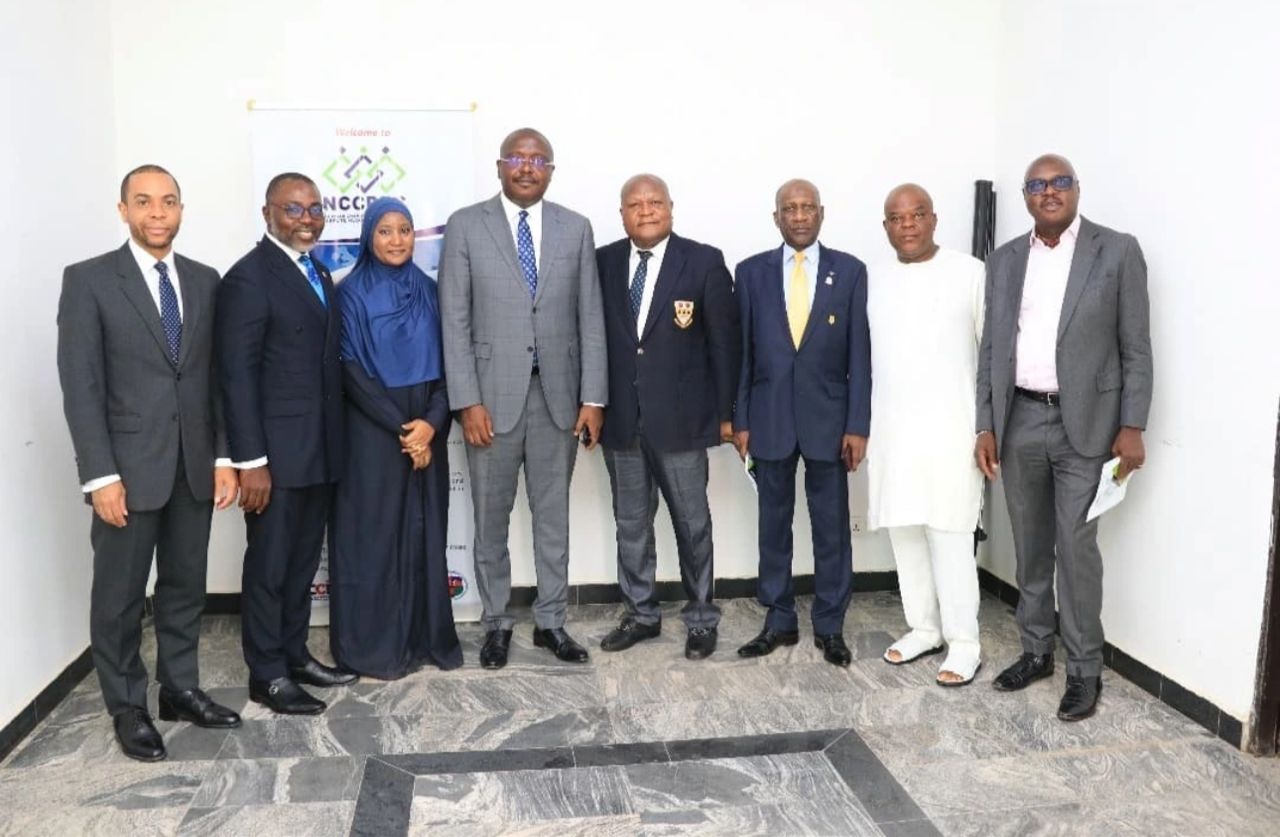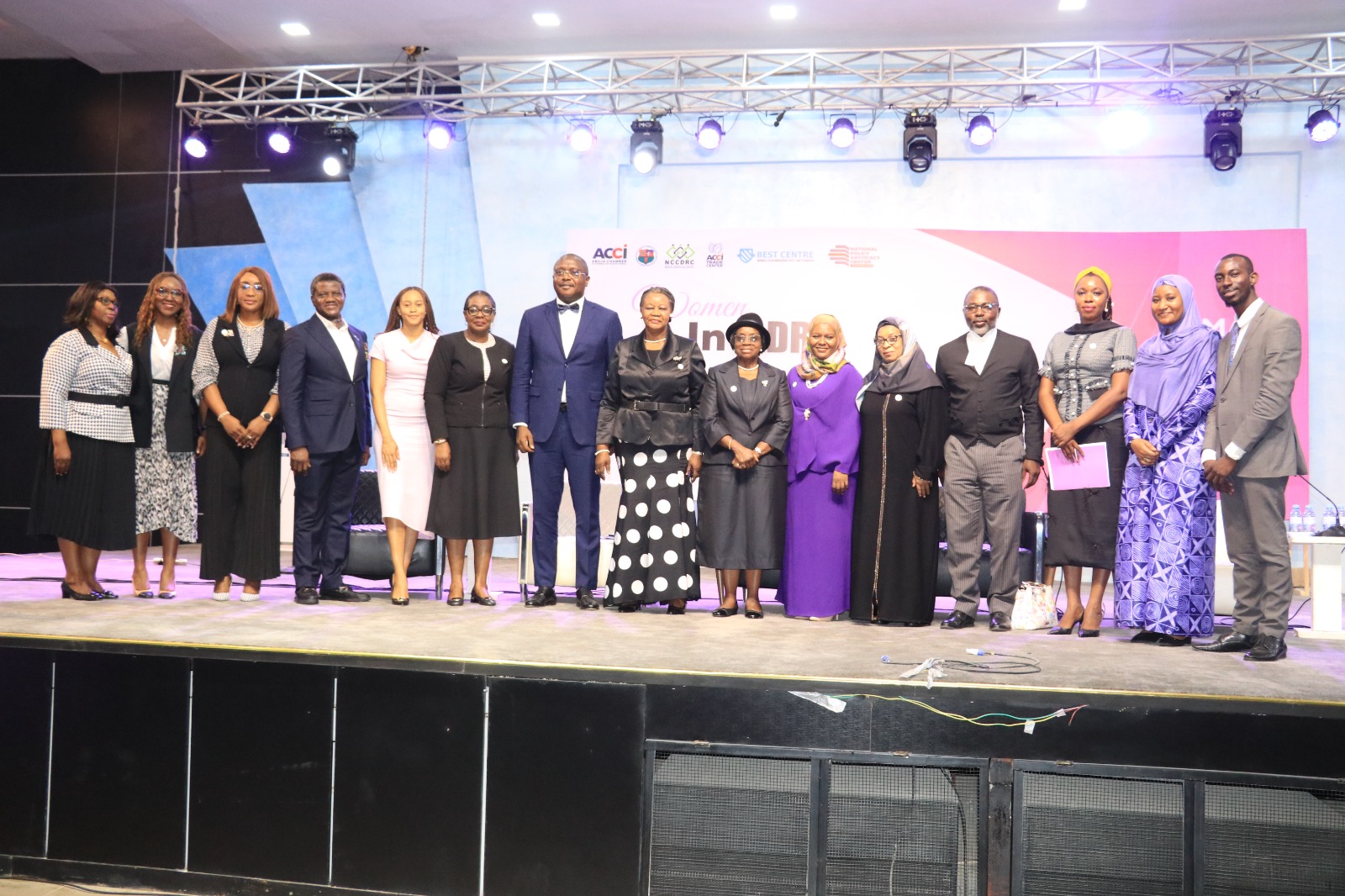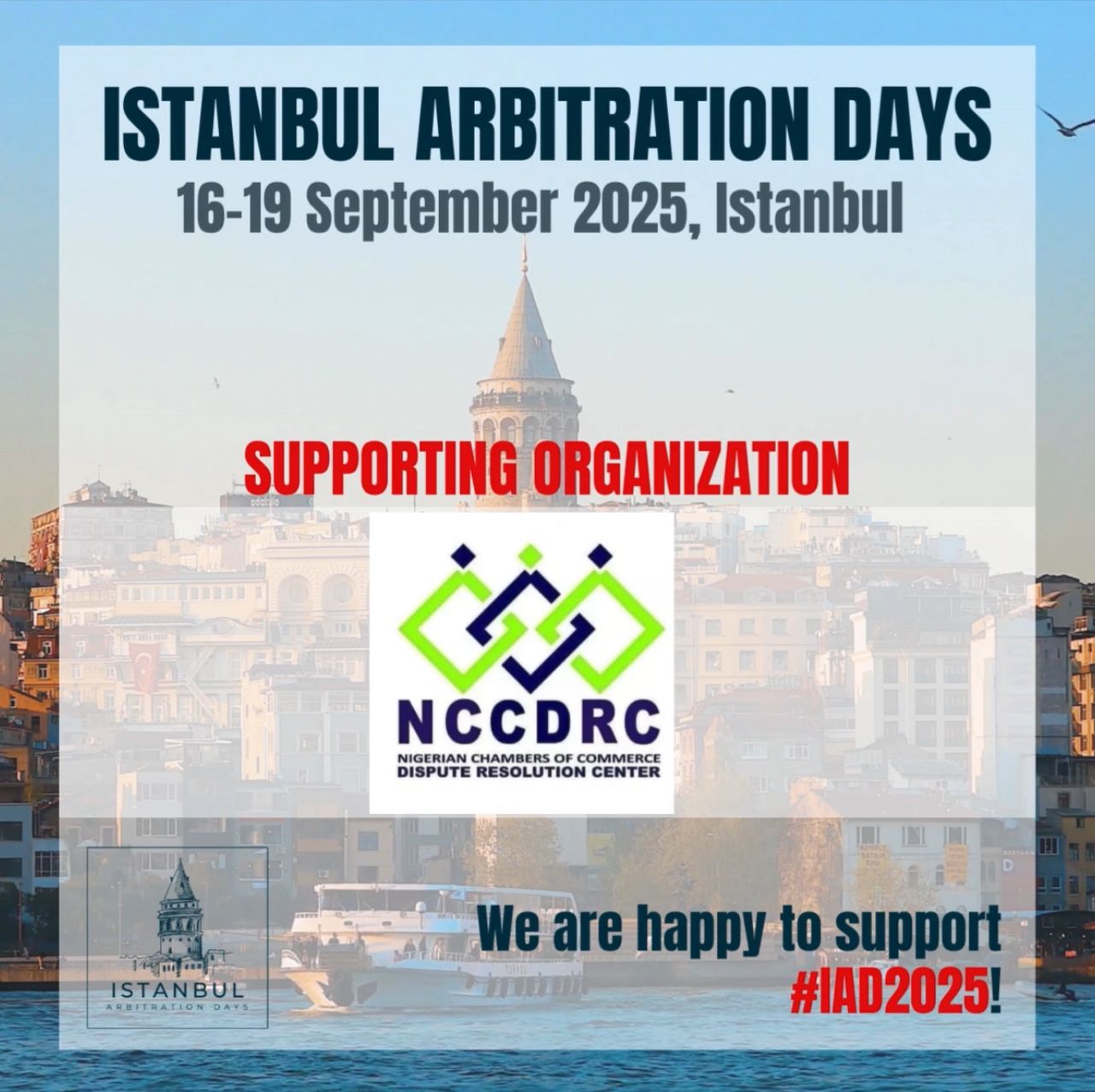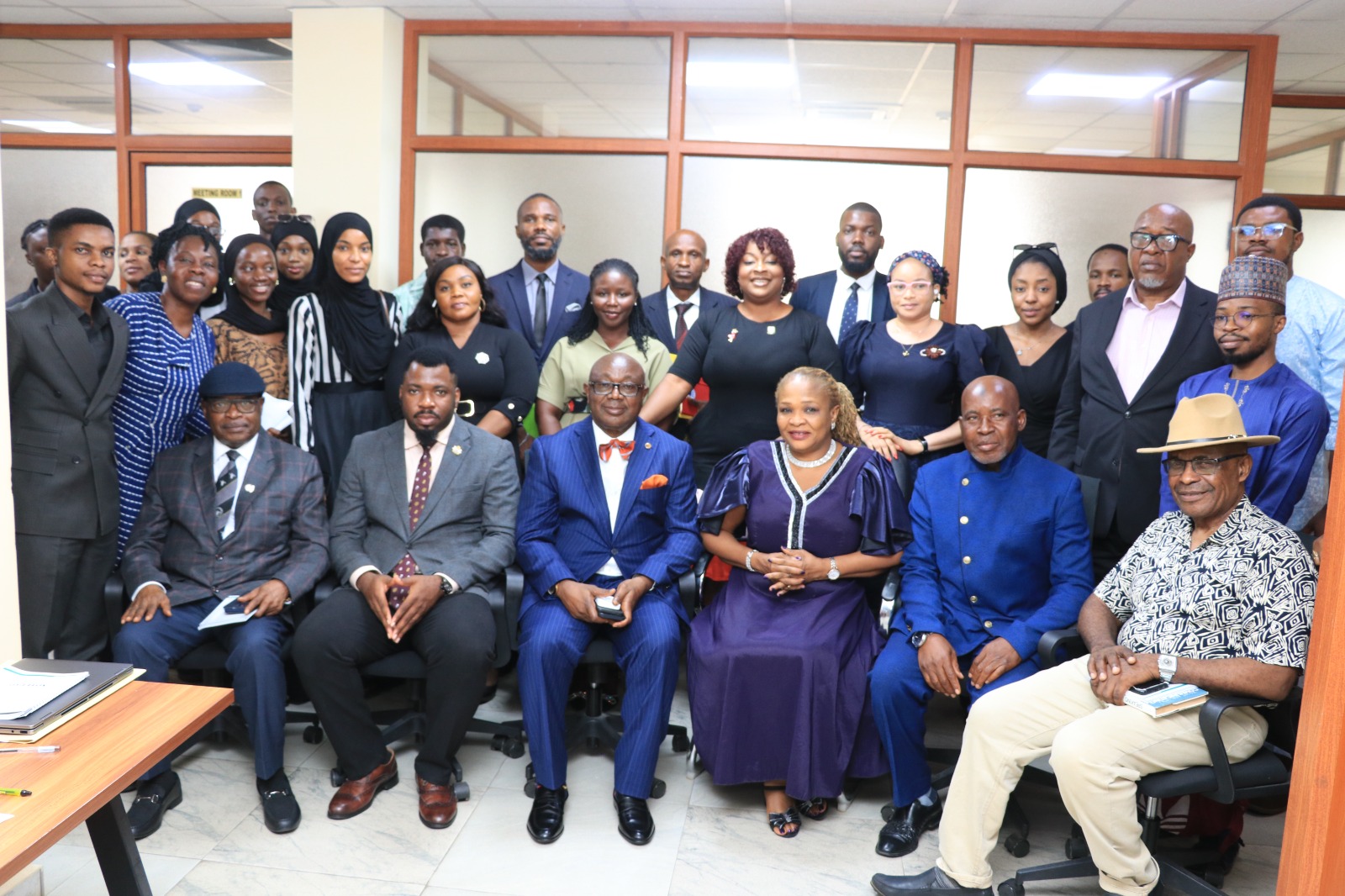
NCC-DRC Leads Discussion on National Policy on Arbitration and ADR to Boost Justice Delivery and Business Confidence
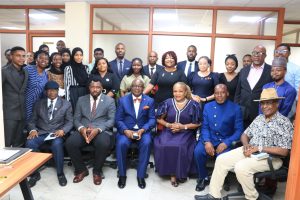
In a landmark step towards reforming Nigeria’s justice delivery system and enhancing investor confidence, the Nigerian Chamber of Commerce and Industry Dispute Resolution Centre (NCC-DRC), convened a high-level roundtable in Abuja to engage stakeholders within the Alternative Dispute Resolution (ADR) on the National Policy on Arbitration and Alternative Dispute Resolution (ADR), 2024 – 2028. The event brought together key stakeholders from the judiciary, government institutions/parastatals, the private sector, the legal profession, ADR practitioners, law students, and ADR enthusiasts.

The National Policy on ADR, described as a milestone in Nigeria’s justice sector evolution, seeks to institutionalize ADR mechanisms across the country, decongest courts, and promote timely, cost-effective, and inclusive resolution of disputes, particularly in commercial and communal settings. It is also expected to improve Nigeria’s business environment and overall access to justice.

Speaking on behalf of the Attorney General of the Federation and Minister of Justice, Prince Lateef Fagbemi SAN, Mr. Mfon Umoh commended the roundtable initiative. He described the policy as a strategic and timely intervention aligned with global best practices and capable of positioning Nigeria as a hub for commercial dispute resolution in Africa. “The National Policy will improve access to justice, ease the burden on our court system, and support an investor-friendly business environment,” he stated, adding that its successful implementation would require collective effort and partnership.
The Chairman of the Policy on Arbitration and ADR drafting Committee, Dr. Olisa Agbakoba, SAN urged participants to approach the roundtable not just as critics but as co-creators of a more just, commercially vibrant, and dispute-resilient Nigeria. The keynote highlighted five critical areas for effective implementation:
1. Capacity-building for mediators, arbitrators, and dispute resolution officers
2. Public awareness campaigns through professional associations and civil society
3. Mainstreaming ADR into federal and state-level legal systems
4. Inclusive access for rural communities, women, youth, and other vulnerable groups
5. Monitoring and evaluation frameworks to track progress and adapt as necessary.
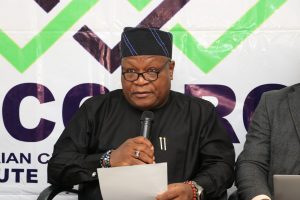
Chairman of the NCC-DRC and former ACCI President, Prince Adetokunbo Kayode, SAN, described the policy’s launch as a defining moment in Nigeria’s justice sector. “Today, we plant the seeds of a more responsive, accessible, and investor-friendly justice system,” he remarked. “The journey began with a vision—to institutionalize ADR not as an alternative, but as a first-tier mechanism for justice in Nigeria.”
Other discussants, Mr. Patrick Ikwueto SAN, Aisha Ado Abdullahi, and Ozioma Izuora FCIArb, amongst other things, emphasized the importance of sustained advocacy and review, noting that Nigeria is yet to be recognized as a global arbitration destination.

The Registrar-General of the NCC-DRC and convener of the roundtable reiterated that the success of the policy lies in public buy-in and strategic awareness. “ADR saves time, energy, and resources. This policy must be embraced at all levels,” she urged.
As Nigeria charts a new course in justice reform and economic development, the National Policy on Arbitration and ADR is seen as a transformative tool that will shape the country’s dispute resolution framework for years to come, with long-term benefits for peacebuilding, governance, and economic competitiveness.


